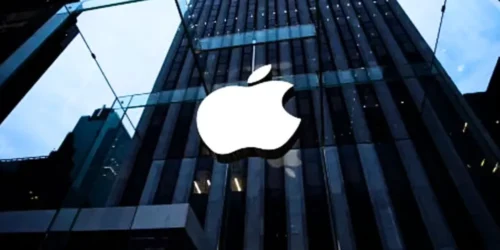The world of digital finance, also known as “Fintech,” promises a brighter future. With slick apps and friendly interfaces, it claims to be “democratizing finance” and empowering the little guy. But pull back the curtain, and you’ll often find a more troubling reality. For many, Fintech is simply a faster, more frictionless, and more seductive way to get people into debt they can’t afford.
The Promise of “Banking for Everyone”
Fintech companies market themselves as a friendly alternative to big, scary banks. They offer easy access to loans, commission-free stock trading, and “Buy Now, Pay Later” (BNPL) options at every checkout. They remove the barriers to financial products, but they also remove the guardrails.
The New Digital Loan Shark
The rise of BNPL services is particularly worrying. These services are essentially modern-day installment loans, often with deferred interest and late fees hidden in the fine print. They encourage impulse spending and allow small debts to accumulate quickly, without the consumer protections typically associated with credit cards or traditional loans.
Gamifying Financial Ruin
Many trading apps have turned investing into a video game. They use confetti animations, push notifications, and a simplified interface to encourage frequent, risky trading. This isn’t democratizing investment; it’s promoting gambling, preying on the desire for a quick win, and often leading to devastating losses for inexperienced users.
Data, Your Newest Collateral
These “free” services come at a cost: your data. Fintech companies are masters at collecting and analyzing your financial behavior. This data is used not just to sell you more products, but to create sophisticated profiles that can be used to market high-interest loans and other predatory services to the most vulnerable users.
Conclusion
True financial inclusion isn’t about giving everyone a smartphone app to go into debt. It’s about financial education, living wages, and access to fair and transparent financial products. While some Fintech innovations are genuinely helpful, we must be wary of the shiny new tools that are simply digging a deeper debt trap for the most vulnerable among us.













